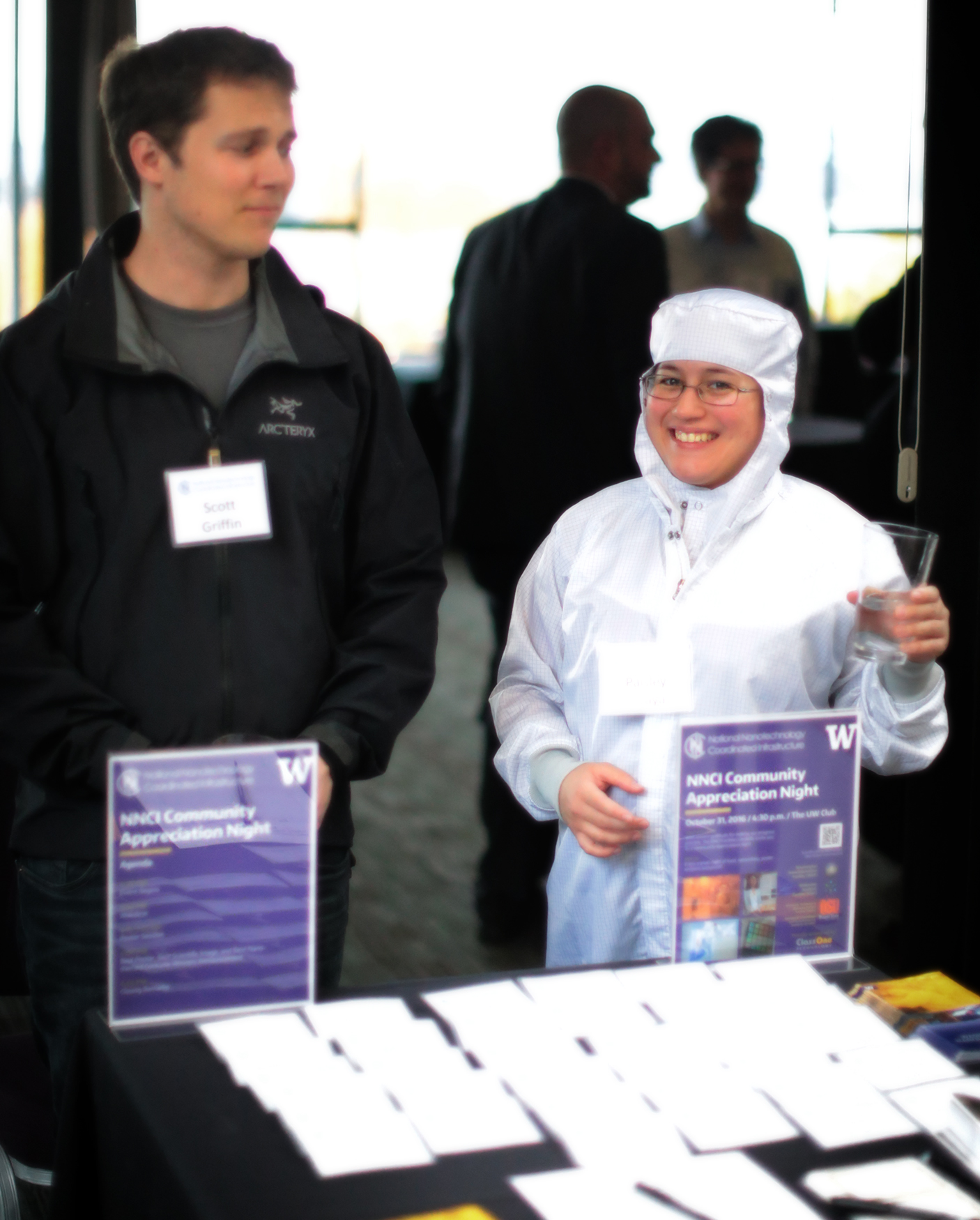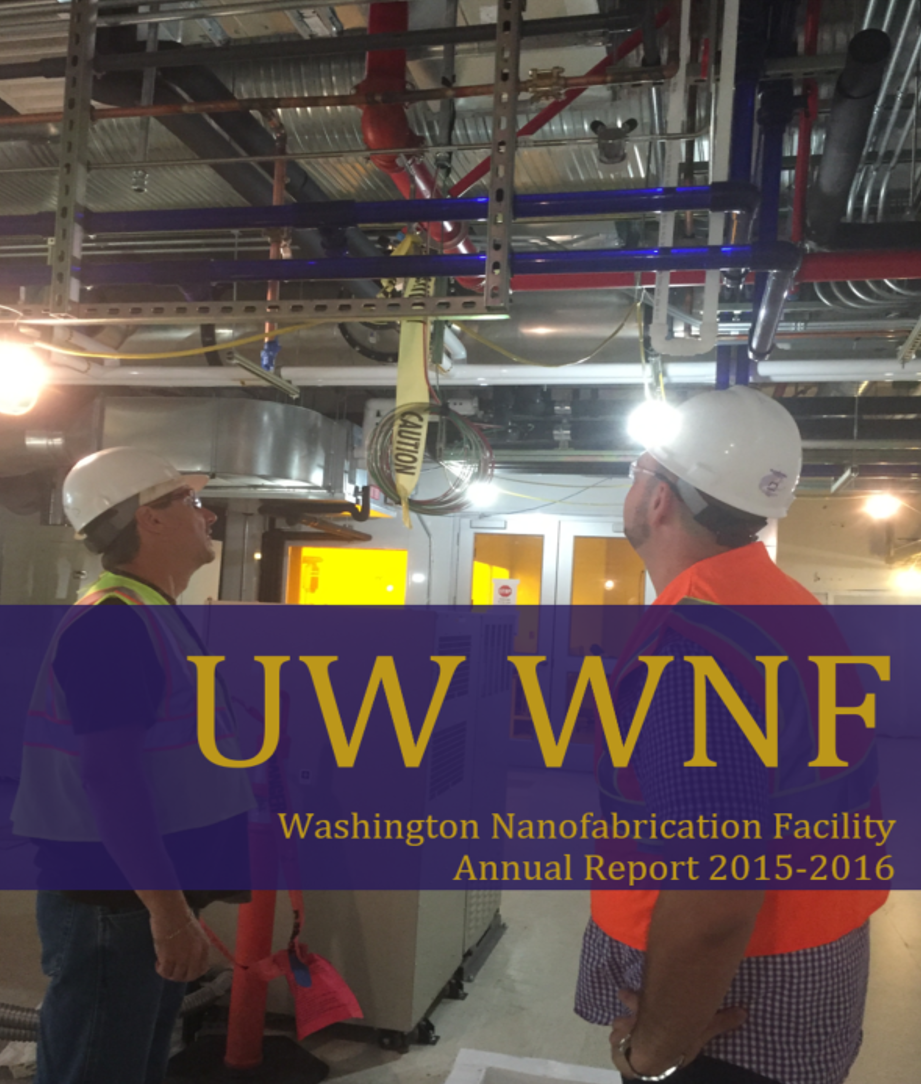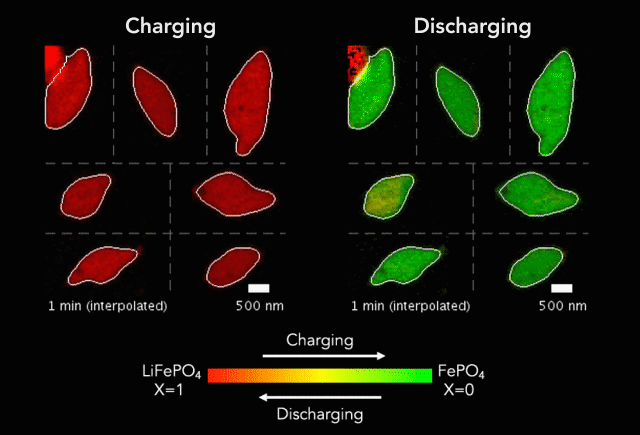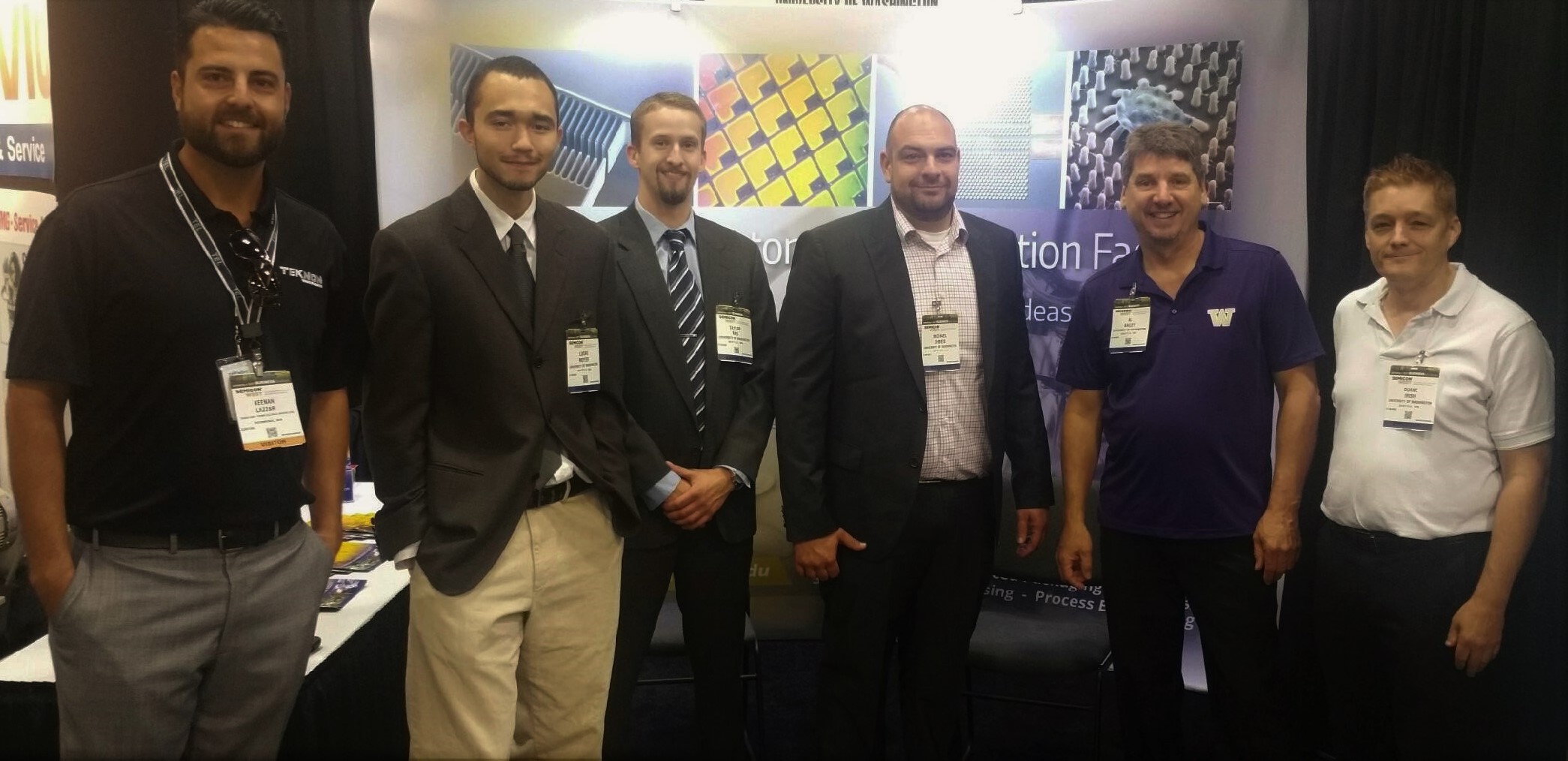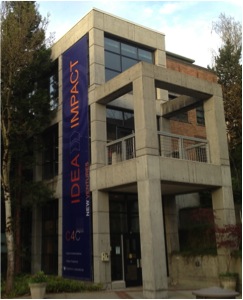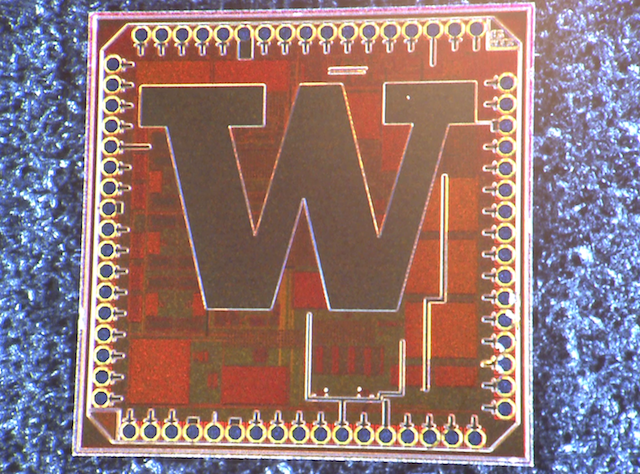Calling all users, artists, and inspired community members! The Washington Nanofabrication Facility and the new Institute for Nano-Engineering Systems (Nano-ES) are looking for a new visual identity and need your help. We are seeking current WNF students, users, and staff who can design two creative, innovative and professional logo designs. The logos should be recognizable and help promote each facility’s mission, as follows: “UW WNF’s primary purpose is to provide an open-access facility that enables users to leverage tools and…
WNF and Nano-ES Institute Logo Contest

